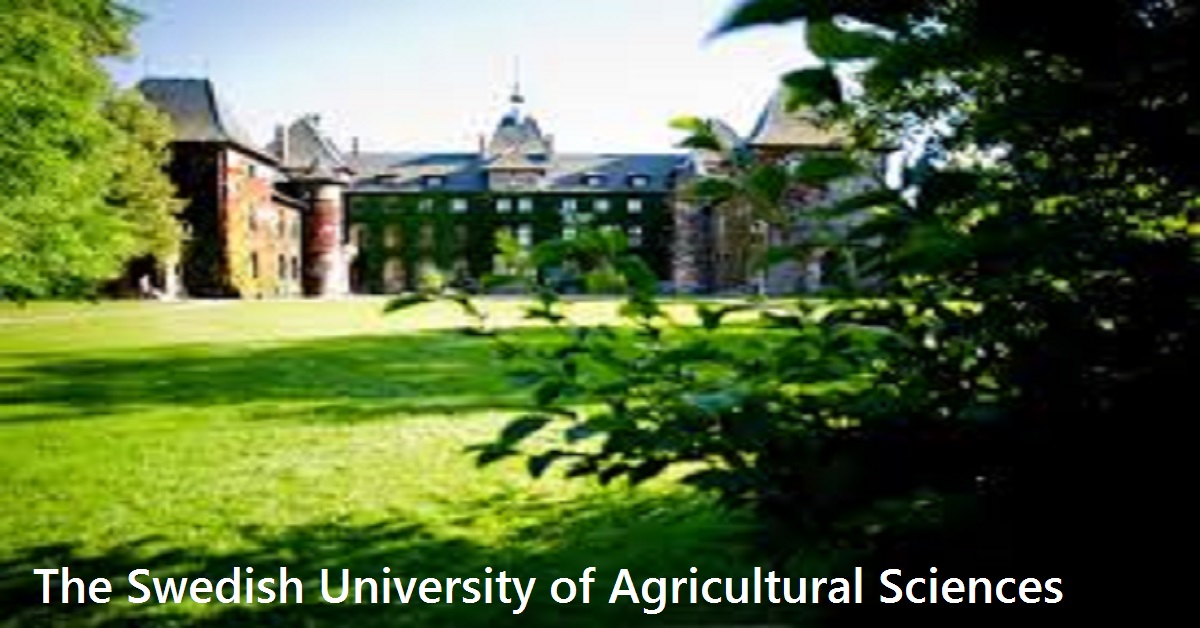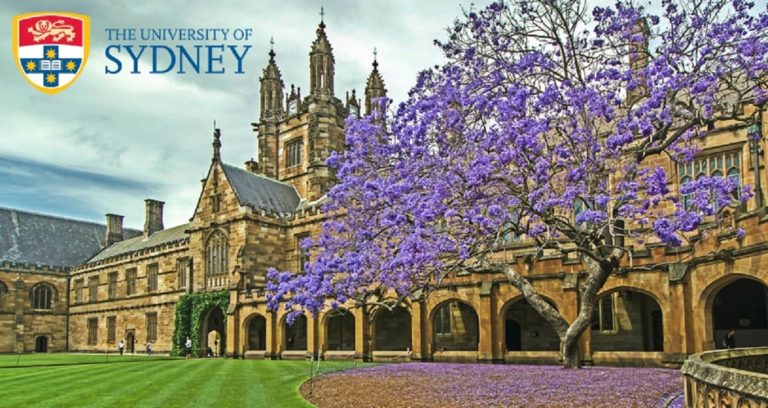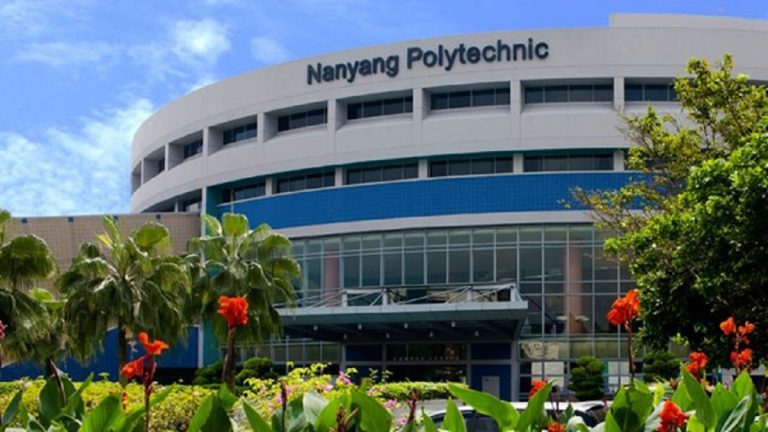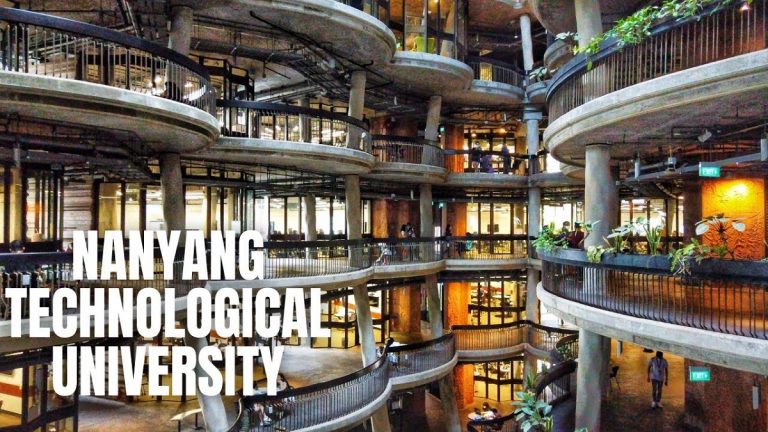
Ref SLU.ua.2022.2.5.1-3913
Department of Energy and Technology
At the Department of Energy and Technology, research and education are conducted focusing on how agriculture can contribute to a sustainable society. We have extensive expertise in technology and systems for sustainable production of food and bioenergy, including optimal nutrition circuits and logistics systems. Within the field of methodology we have extensive competence in System Analysis including Environmental Systems Analysis and LCA, as well as Biometrics (statistics and mathematics with applications in biological systems) and Automation.
Read more about our benefits and what it is like to work at SLU at https://www.slu.se/en/about-slu/work-at-slu/
Closing the gap between fork and farm for circular nutrient flows
Description:
The sanitation sector is increasingly focusing on resource recovery as a way to adapt to environmental challenges. At the same time, the World needs flexible and safe sanitation systems that can be scaled-up quickly to service the billions of people currently lacking access to a proper toilet. A new sanitation paradigm is emerging with flexible, decentralized solutions that recover resources in the form of nutrients, water and energy for use in a variety of productive sectors.
The aim of this project is to investigate the potential for new sanitation innovations to provide sustainable benefits by quantifying trade-offs in terms of environmental impacts, costs and uncertainties. The primary focus will be on developing decision-support tools that allow decision-makers to weight trade-offs and test options for integrating new sanitation systems into existing infrastructures. Methods used will include life cycle assessment, cost-benefit analysis and systems dynamic modeling. The assessment methods will be applied on case studies of emerging technologies for nutrient recovery from urine and wastewater in the context of an EU project. The work will include interaction with stakeholders to co-design of development trajectories for integrating new sanitation systems into the local context.
Qualifications:
Required:
- Master of Science in Engineering or Master’s degree with a focus on environmental assessment, buildings and infrastructure, water/waste technology or equivalent.
- Good knowledge of English in speech and writing.
Meriting:
- Project management skills
- Knowledge and experience working with wastewater systems
- Experience with modelling, sustainability assessments and/or systems analysis
- To be able to communicate in Swedish
Great emphasis is placed on personal qualities, such as the ability to work together, analytical and problem-solving ability as well as the ability to work independently.
Place of work:
Uppsala, Sweden.
Forms for funding or employment:
Employment 4 years.
Starting date:
Latest March 2023.
Application:
The application should contain:
- A Letter of Motivation, describing the applicant’s previous academic and professional experience and motivation for applying for this position (maximum 2 A4 pages);
- Short essay explaining the advantages of new sanitation systems and challenges that you see in implementing such a system in your own country (maximum 2 A4 pages);
- Curriculum Vitae
- Copy of degree incl. transcript of academic records
- Copy of degree thesis
- A list of two reference persons familiar with the applicant’s qualifications
Click the “Apply” button to submit your application. The deadline is 2022-11-20.
To qualify for third-cycle (Doctoral) courses and study programmes, you must have a second-cycle (Master’s) qualification. Alternatively, you must have conducted a minimum of four years of full-time study, of which a minimum of one year at second-cycle level.
Applicants will be selected based on their written application and CV, degree project, copies of their degree certificate and transcript of records from previous first and second-cycle studies at a university or higher education institution, two personal references, and knowledge of English. More information about the English language requirements can be found here: www.slu.se/en/education/programmes-courses/doctoral-studies/new-doctoral-students/english-language-requirements/
Please note that applicants invited to interview must submit attested copies of their degree certificate, a transcript of records from previous first and second-cycle studies at a university or higher education institution. Applicants who are not Swedish citizens need to submit an attested copy of their passport’s information page containing their photograph and personal details.
Read about the PhD education at SLU at www.slu.se/en/education/programmes-courses/doctoral-studies/
Academic union representatives:
https://internt.slu.se/en/my-employment/employee-associations/kontaktpersoner-vid-rekrytering/
The Swedish University of Agricultural Sciences (SLU) is a world-class international university with research, education and environmental assessment within the sciences for sustainable life. Its principal sites are in Alnarp, Umeå and Uppsala, but activities are also conducted at research stations, experimental parks and educational establishments throughout Sweden. We bring together people who have different perspectives, but they all have one and the same goal: to create the best conditions for a sustainable, thriving and better world.
SLU has just over 3,000 employees, 5,000 students and a turnover of SEK 3 billion. The university has invested heavily in a modern, attractive environment on its campuses.
www.slu.se
Contact person
Jennifer McConville
Associate Professor
+46-18 67 28 16


